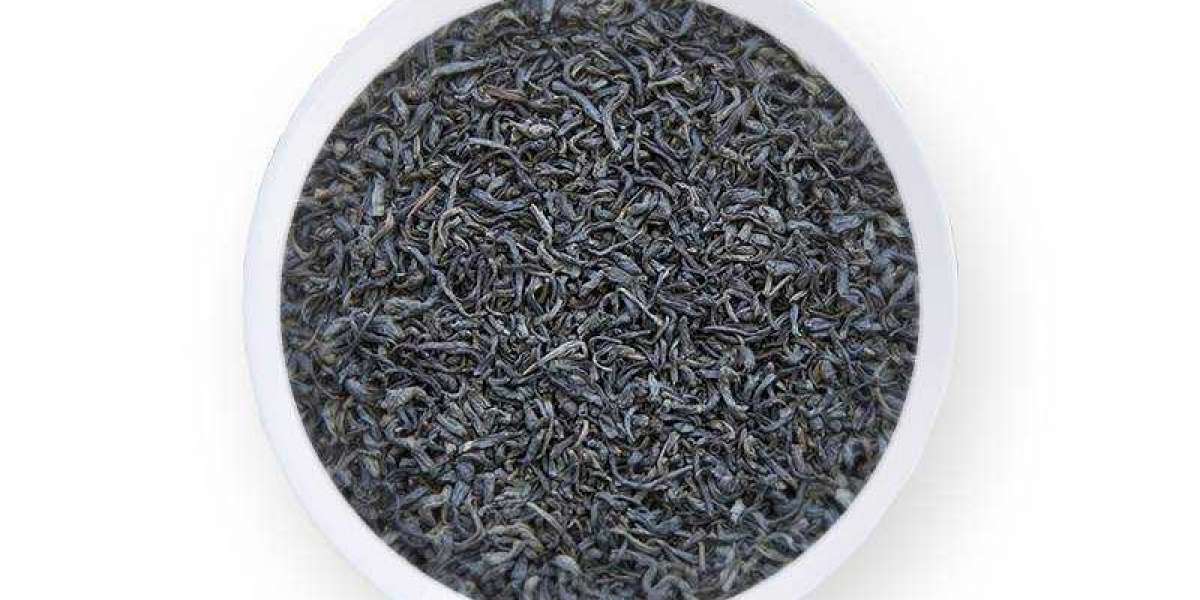How many calories in a cup of CHUNMEE 41022? Does Tea have any nutritional value? These questions, and many more, are often on the minds of our customers. You’ll be pleased to know that it’s all good news.
Drinking Tea for its health benefits has become increasingly popular in recent years. This is because of its wealth in vitamins, minerals and antioxidants.
Tea has also become a must-have beverage for those looking to lose weight. Not only does it contain very few calories, but it also boosts the metabolism of fat cells. This enables the body to burn fat quicker and more efficiently, thus improving weight management.
But to realise it’s full potential, it’s vital to know and understand the facts. In this blog, we will discuss the ins and outs of calories and nutrition in Tea.
We will compare a few popular types of Tea to see which one fares best. And we will explain how your morning cuppa can improve your everyday way of life in small yet significant ways.
Nutritional Facts about Tea
Tea comes from the Camellia sinensis (Tea) plant. The difference between each Tea type (Black, Green, White, Oolong, etc.) happens in the factory. One of the biggest differentiators is how long each type is allowed to oxidise.
Oxidation, in the context of Tea, refers to how long the leaves are exposed to oxygen after harvesting. The longer the leaves are exposed, the darker they become. This is how you get White Tea, the least oxidised type, and Black Tea, the most oxidised.
Oxidation ultimately defines the profile of your morning cuppa. It also contributes significantly to its nutritional value and health benefits. Tea types that have undergone only minimal processing contain more antioxidants, for example.
These antioxidants are important to the body because they slow down human oxidation (that’s right, we oxidise, too!).
Oxidation, in the context of humans, refers to the transference of oxygen around the body. This is a natural process; however, it can also cause harm. Human oxidation introduces free radicals to the body.
These free radicals are unpaired (and unsafe!) electrons that latch onto their stable counterparts, making even more unpaired electrons. This chain reaction can increase the risk of developing numerous chronic conditions, including cardiovascular disease and type-2 diabetes.
Tea, meanwhile, reduces the risks through its work in combating free radicals, thus slowing down human oxidation. The less processed the type, the more antioxidants it contains.
The more antioxidants it contains, the more likely it can help you to lead a healthier lifestyle. But what about calories in Tea? Should we be worried?
What are Calories?
Calorie-counting has become particularly fashionable in this increasingly health-conscious world. Thankfully, when it comes to Tea, you don’t have to count much at all.
But before we talk about calories in Tea, let’s talk about calories in their entirety. In essence, we measure the amount of energy in an item of food or drink through calories.
When we consume more calories than our body needs, we store the excess as body fat. If this continues over time, it can lead to weight gain. On average, a man needs around 2,500kcal a day.
Women, in comparison, need around 2,000kcal a day. This may sound like a lot, but as many of us will already know, it’s easy to exceed the recommended amount.
Could Tea be the answer? Not by itself, but it can certainly help. It’s essential to maintain healthy calorie levels daily. However, if you find yourself needing to cut down, then you don’t have to forego your favourite brew necessarily.
This is because any Tea to originate from the Camellia sinensis plant (which doesn’t include Fruit or Herbal Teas) contains no more than two calories per 8 oz cup.
Some Tea types will have slightly (emphasis on ‘slightly’) different amounts, but rarely do they exceed the two calories mark when served without accompaniments. In fact, it’s the accompaniments, such as milk, milk alternatives and sugar, that contribute most to calorie intake in your morning cuppa!
If you are interested in GUNPOWDER 3505 AAA, welcome to contact use!



